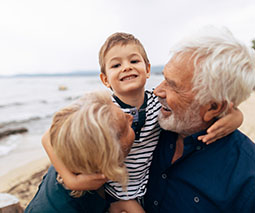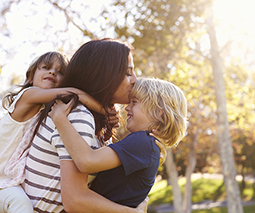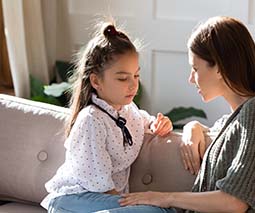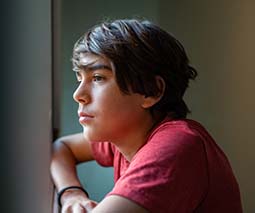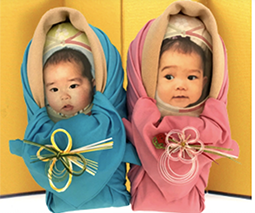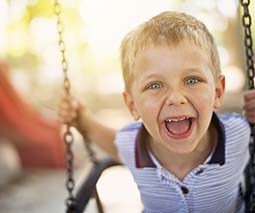What children really need from their family may surprise you
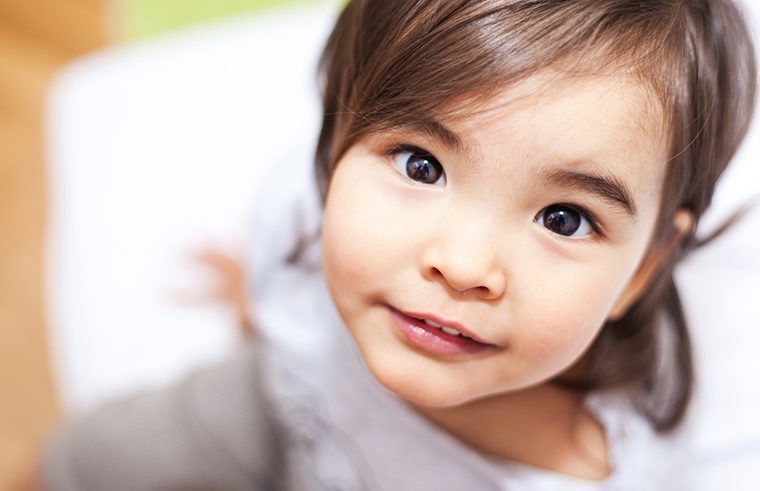
We’ve all heard the argument that children fare better when they’re brought up in a traditional nuclear family with a mum, a dad and possibly a biological sibling or two. But is this argument based in fact?
Professor Susan Golombok, director of the Centre for Family Research at the University of Cambridge, and the author of We are family: what really matters for parents and children, has been studying non-traditional families for over 40 years.
Here’s what her findings tell us about what children really need in order to thrive:
Listen to Susan Golombok on Feed Play Love
Why we assume traditional is best
After World War II through to the ’60s and ’70s, two-parent heterosexual families were the norm and assumed to be what was best for children. Before this time, “Very occasionally parents did separate,” says Susan, “but usually there was a huge amount of stigma associated with that. So, it was an assumption, and this assumption hadn’t really been tested very much.”
When non-traditional families started to appear in the ’60s and ’70s, arguments were made that we still hear today: “That fathers played an important role in terms of children’s gender development, but also in terms of their emotional and social development,” says Susan, “or that children ‘needed’ two parents – so these two things were slightly conflated.”
Many people were opposed to non-traditional families and, “Particularly against lesbian mothers … but for other people, it was more a matter of they assumed that children would be harmed psychologically by growing up with two mothers, because this was something that most people hadn’t ever thought about, never mind met anybody in that situation. So it was a genuine concern that the children, you know, might in some way be distressed by this.”
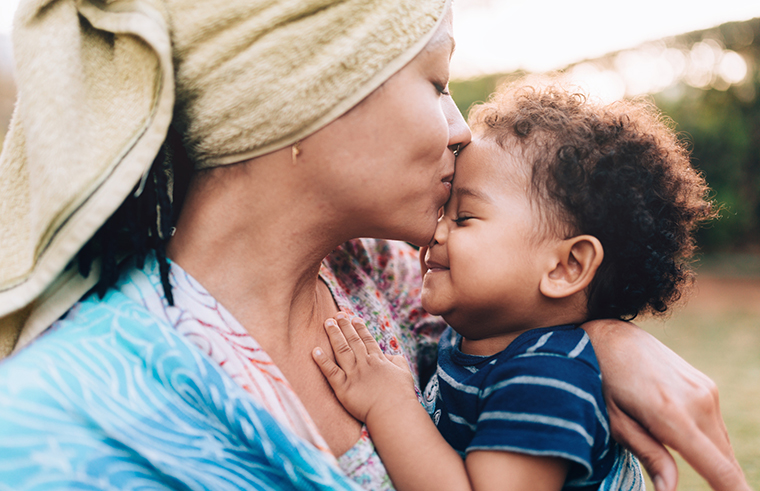
What actually negatively impacts children?
The research on children and divorce at the time did show that these children were at a higher risk of developing emotional and behavioural problems and performing poorly when compared to their peers in school. But when this research was investigated more thoroughly, it turned out that what was negatively impacting children “wasn’t so much not having a male figure in the family,” explains Susan. “It wasn’t so much just having one parent, it was more to do with things that went along with separation and divorce … parents fighting, often for years before the divorce took place; or lack of social support for single mothers; or mothers coming out of a difficult marriage, often having depression or anxiety and mental health problems themselves.”
Susan explains that this whole range of factors, including the financial problems that single mother families face after divorce, were what was actually problematic for children, rather than whether or not there was a father present in the home, or whether children lived in a household with their biological mother and father.
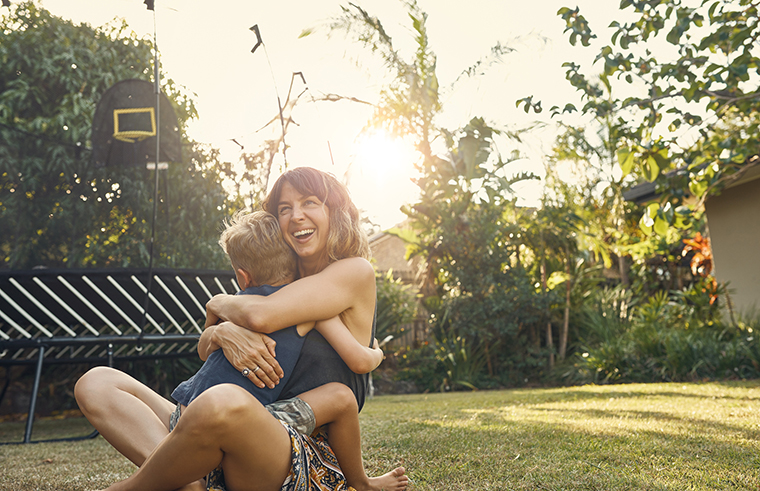
Non-traditional versus new families
In her book, We are family: what really matters for parents and children, Susan differentiates between non-traditional families and new families. “Non-traditional families are generally what we think of as single mother families following divorce, or single mother families that are formed unintentionally, or step-families.”
New families include same-sex parents, single mothers by choice, or families who have been made possible through assisted reproduction, such as IVF, egg donation, surrogacy or donor insemination. The parents in these families, says Susan, “have struggled so hard to have children, either medically – often following years of infertility treatment – or in terms of the negative social attitudes and hurdles they’ve had to jump over in order to become parents … those who stay the course are people who really want to be parents. And these people, when they do eventually become parents, become very committed parents generally.”
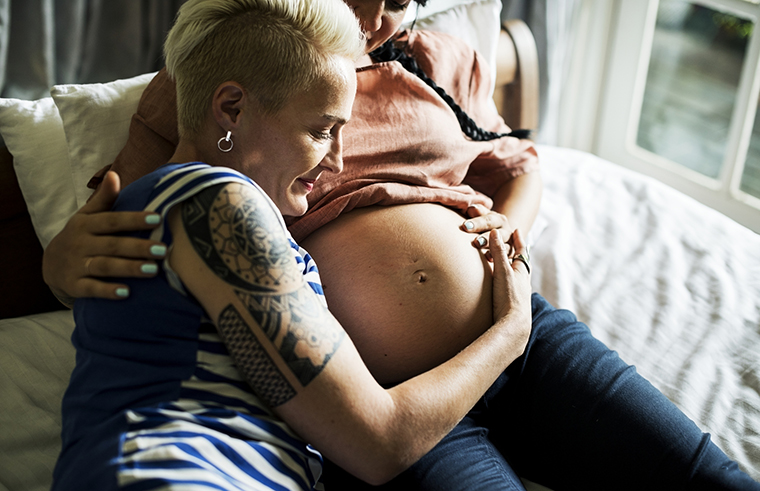
What children really need: good-quality relationships
We talk a lot about love, and love is important. But love isn’t everything, says Susan. “What really matters for children is the quality of relationships within their family … children need to feel secure. They need to feel that their parents are listening to them; that they’re sensitive and understanding of whatever they may be going through. And that they just feel that kind of emotional security … also that their parents are interested in them, they do things with them, practical things as well as emotional.”
In a nutshell, kids need stability and security and affection and love. These are the things that are more likely to result in well-adjusted happy children.
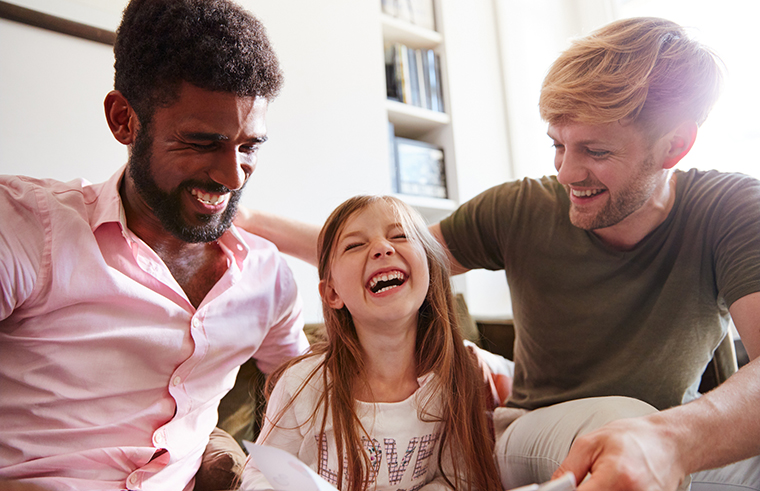
The next step: inclusivity for all families
We’ve come a long way in our attitudes towards non-traditional and new families, but we still have a long way to go. “When I started this research in the 1970s,” Susan points out, “the idea that in 2020 … we would have same-sex marriage in around 30 countries of the world? You know, it was just unimaginable.”
At that time people were also concerned that children growing up in non-traditional homes might have problems in relationships with their peers or they might be bullied at school. “I have to say,” says Susan of the bullying, “that does still go on. What we find is … when these children had problems it was to do with school. Their families weren’t accepted. When other kids bullied them because of their family, the schools wouldn’t do anything about it.”
The change we need to see now is from policy makers. For a long time, children from non-traditional and new families couldn’t see anything in their outside world that reflected back to them or normalised their experience of family. “They didn’t see families like theirs in the books they read and the films they watched,” Susan points out. “All these things can make a big difference to children. So I think that’s where we should put our attention.”
